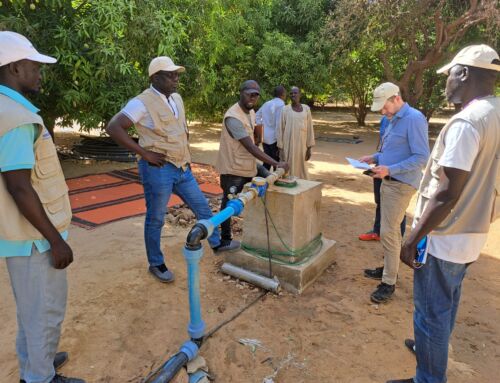Mission East has signed the Charter for Change, which commits us to use and develop local organizations to a greater extent and listening to their needs and suggestions for solutions.
Mission East has signed Charter for Change (C4C), which commits development organizations to use local partner organizations in relief work. Mission East does this already, for instance in Afghanistan, where aid is channeled both through own staff and four partner organizations.
But now Mission East is committed to increase this priority. In concrete terms, this means that a larger part of the relief work is carried out by local partner organizations, and that they therefore also receive more money to carry out the work. At the same time, efforts are being made to build the partners’ capacity so that they can manage and streamline the relief work.
Local partners are also given a voice so that they can speak for themselves, and we listen to their needs and suggestions for solutions. In general, aid and development work must be more embedded in local civil society organizations, so that the people help themselves and thus contribute to the development of their own country. It makes development work sustainable.
According to C4C, the goal is for local organizations to “deliver change within their own organisational ways of working so that southern-based national actors can play an increased and more prominent role in humanitarian response”.
By signing the charter, Mission East has committed itself to eight commitments:
1. Increase direct funding to national and local NGOs for humanitarian action
2. Reaffirm the Principles of Partnership: Equality, Transparency, Results-Oriented Approach, Responsibility and Complementarity
3. Increase transparency around resource transfers to national and local NGOs.
4. Stop undermining local capacity and implement fair recruitment policies
5. Emphasise the importance of national actors
6. Involve local and national collaborators in decision-making
7. Give robust organisational support and capacity strengthening
8. Promote the role of local and national actors in communication
Read more here.











